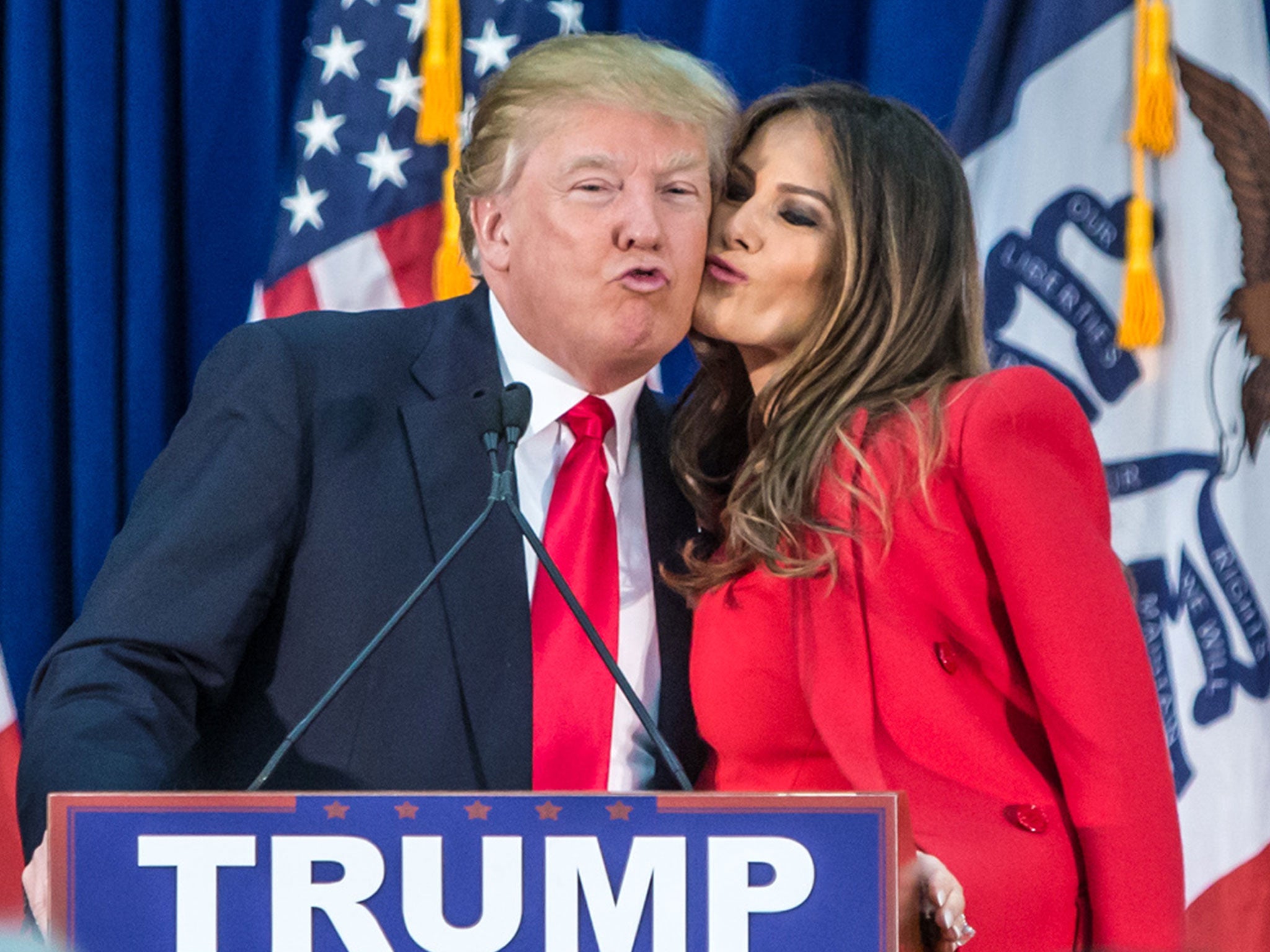The US election is about to descend into an arcane battle over rules
It's not a great advertisement for democracy, but it will at least give journalists something to write about

Your support helps us to tell the story
From reproductive rights to climate change to Big Tech, The Independent is on the ground when the story is developing. Whether it's investigating the financials of Elon Musk's pro-Trump PAC or producing our latest documentary, 'The A Word', which shines a light on the American women fighting for reproductive rights, we know how important it is to parse out the facts from the messaging.
At such a critical moment in US history, we need reporters on the ground. Your donation allows us to keep sending journalists to speak to both sides of the story.
The Independent is trusted by Americans across the entire political spectrum. And unlike many other quality news outlets, we choose not to lock Americans out of our reporting and analysis with paywalls. We believe quality journalism should be available to everyone, paid for by those who can afford it.
Your support makes all the difference.This week's Republican primary in Wisconsin was indeed a “turning point” as Ted Cruz put it – but not only in the sense that the Texas senator intended, that voters are starting to desert a faltering Donald Trump and rally to his flag as the sole viable alternative.
That may well be true: on Tuesday the arch-conservative Mr Cruz notably extended his support among moderate voters. Even more important though, assuming this trend holds in the contests that still lie ahead, his victory signifies that no candidate is likely to secure the 1,237 delegates required for a first ballot victory at July’s convention in Cleveland, Ohio.
The modern US party convention has become little more than a pageant. A nominee has emerged from the primary season, he has already announced his vice-presidential running mate. His formal coronation is centre-piece of a three-day political info-mercial, minutely scripted to show the party in the most favourable possible light, but essentially newsless despite the best efforts of the army of reporters who cover them. This time, however, it could be an unscripted free-for-all of utterly unpredictable outcome.
The last time a candidate failed to be nominated on the first ballot was at the Democratic convention of 1952, and just conceivably, the same might occur for Democrats this year if Bernie Sanders maintains his current winning streak against Hillary Clinton. That, however, is but a remote possibility. Republicans, who last went through a multi-vote convention in 1948, are now staring the beast in the face.
Mr Trump needs to win 65 per cent or so of delegates in the remaining primaries and caucuses to cross the finishing line. That now looks a tall order. Mr Cruz needs 80 per cent plus, an even taller order. As for the third candidate still standing, governor John Kasich of Ohio, he must amass no less than 124 per cent of available delegates.
In years past, confronted by this statistical impossibility, Mr Kasich would have thrown in the towel. But in 2016 nomal maths don’t apply. He is still in the race because polls give him the best chance of the three remaining contenders of defeating Hillary Clinton in November. And hey, if he could get the convention rules changed, that might just yet happen.
Cleveland, though, is completely uncharted territory. Once such events were described as “brokered conventions." But in 2016, who will do the brokering? Not the Republican “establishment,” akin to the “men in grey suits” who once decided prime ministerial comings and goings in the Tory party.
The biggest lesson of this campaign, and the main reason for Mr Trump’s remarkable success, is the gulf it has exposed between a discredited establishment and grass roots voters who think the former has betrayed them.
A blatant attempt to fix things in the smoke-filled rooms of yore could see an uprising among Mr Trump’s dedicated supporters, outraged that the candidate who in every probability will enter the convention with the most delegates had been denied the crown by machinations behind closed doors. More likely, a contested convention will mean arcane fights over rules, and a battle for the hearts of delegates who after the first ballot will be free to defect to the candidate their choice.
That battle has already started, in the delegate selection processes under way in states that have held their primaries and caucuses. Cleveland won’t run to the 103 ballots and 16 days of the legendary deadlocked Democratic convention of 1924. Nor will it be a great advertisement for democracy. But for once, reporters will really have something to write about.
Join our commenting forum
Join thought-provoking conversations, follow other Independent readers and see their replies
Comments